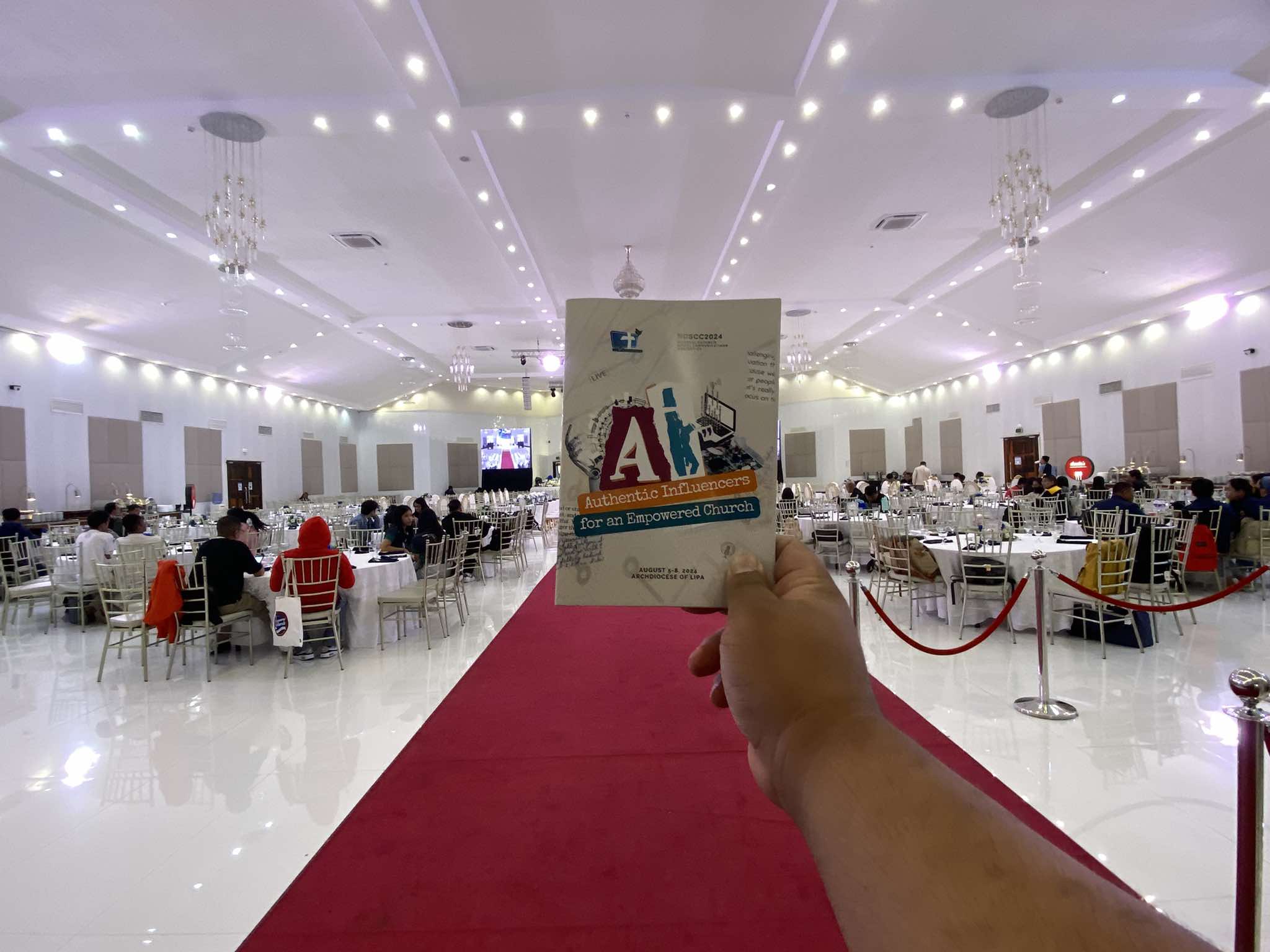José Maria C.S. André
A few days ago, the Holy See published an extensive document on artificial intelligence. The title, in Latin as usual, is “Antiqua et nova”. This technology is still in the dazzling phase typical of any innovation. The printing press was a revolution! The railways, too! And the electric light, the telephone, the radio, the automobile, the airplane, the calculating machine! Sometimes newness leads to confusion, especially when compared with common experience. In the 19th century, when a steam train completed its maiden voyage, charitable hands covered with blankets the machine, “sweating and exfoliating”, to prevent it from catching cold. The telegraph was another amazement. You would touch a key and, from across the street, through the wires, the machine would make clicks. Edison explained this transmission at distance with the image of a very long cat: you step on its tail and it meows at the opposite end. The impact of major innovations is enormous. How is it possible to talk at a distance? Or travel through the air? Or, so many things?… But the surprise is short-lived, the thing becomes trivial, and children soon consider it is normal for the fridge to be cold, or the light bulbs to give off light.
At the beginning of the 1970s, in a Lisbon laboratory equipped with archaic computers, scientists had fun showing the public their thinking machine. They invited people to write something on a perforated tape: “Good morning, computer!” and, after a few seconds, a printer would start crackling on a strip of paper “Good morning, dear”. Go on, say something, tease the computer! A daredevil would type “the computer is stupid” and, after a few seconds of processing, the printer would crackle back: “How rude! Is that what they teach you at home?” The children’s reaction was funny! But the program had only half a dozen answers, which it chose, not always appropriately, according to the words it received. Sometimes one would write, “What a sunny day!” and the printer would crackle, “You naughty! Is that what they teach you at home?”
I remember a field trip to a pharmaceutical lab where we were also presented to a thinking machine… that made band-aids (in Portuguese, “to think” is “pensar” and to make band-aids is to make “pensos”, or “pensar”). The machine’s misleading name in Portuguese was easy to understand, but today there are names that are still too surprising. Some people thought that doing math required thinking, until calculating machines came along. They thought one needed to think to identify or modify photographs, or find words in a text… Technical evolution, by questioning human identity and its role in the world, can help us understand that artificial intelligence is a sophisticated ability to perform tasks, but it is not capable of thinking.
It is striking that, for medieval authors such as St. Thomas Aquinas, it was clear that accounting or image processing were not an exercise of intelligence. On the internet, in order to detect robots, it’s practical to ask us to identify images with traffic lights or other objects, but sooner computers will succeed in this challenge.
Above all, as the Holy See document says, intelligence is part of the whole of human life, it is integrated into the totality of being, spiritual, cognitive, bodily and relational. And even more sublime than knowing many things is the commitment to take care of each other, as St. Paul says: “If I know all the secrets and know everything (…) but have not love, I am nothing” (I Cor 13:2).
As Pope Francis observes in his recent Encyclical “Dilexit nos”: “In this age of artificial intelligence, we must not forget that poetry and love are needed to save the human person.”


 Follow
Follow


